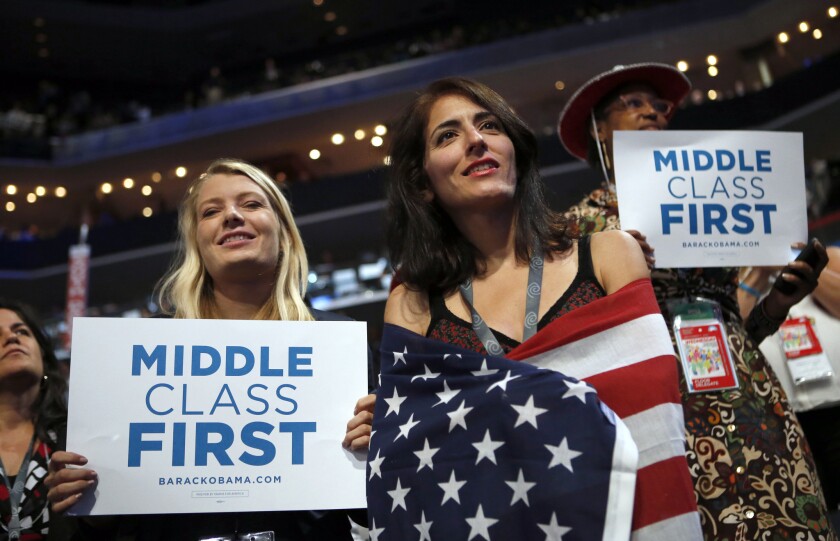The Consequences of US COVID-19 Neglect
In the two months following the outbreak, the novel coronavirus from Wuhan, China, has continued to erupt throughout Europe and the Americas. In particular, the epidemic seems to be getting more and more severe across the Pacific Ocean in the United States. When outbreaks first appeared in China and parts of Asia, the United States did not immediately adopt any strict preventive or control measures, which led to outbreaks across the country, with more than 20 states reporting confirmed cases. It is worth noting that infections occurred onboard a Grand Princess cruise liner which is currently docked off of San Francisco. Like Japan's Diamond Princess cruise ship, it could cause wide-spread infection in neighboring countries and on U.S. soil, making the outbreak even more serious.
Simply in terms of medical technology and resources, the U.S. far surpasses many countries across the globe, and if it could have issued an early warning, taken strict preventive measures, and made thorough preparations, it should have been possible to effectively control the epidemic. But because President Donald Trump was overly self-confident, and had too much faith in the World Health Organization's statements that China could effectively control the epidemic, he did not pay attention to early warnings from American health and disease authorities, and instead reprimanded health officials for creating concern. Although the U.S. appointed the vice president as the commander of disease prevention efforts and committed $2.5 billion to epidemic defense systems, with the delay in initial preventative measures, these actions are somewhat insufficient. It’s like trying to put out a raging fire with a cup of water. This has led to only a small number of completed quarantines in the U.S., making it impossible to ascertain the true number of infections and therefore raise the public's awareness about the epidemic.*
Logically speaking, the U.S. Centers for Disease Control and Prevention should be the best in the world regarding prevention and cure of newly developing infectious diseases, both in terms of resources and expertise. Beyond the American president's neglect, with regard to a disease like COVID-19 for which there is still no vaccine and no specialized treatment or drug, the U.S. should seek to mobilize all of the experts and the country’s elite to develop a rapid screening reagent and research a vaccine. On the contrary, the U.S. did not make advance preparation for preventing an epidemic or plans for facing the serious possibility of disaster. Now, with community spread occurring, there is no way to trace the source of infection, and the U.S. can only act reactively to try to reduce harm and mitigate disaster.
The underlying cause is that the United States, along with Japan and Korea, are all looking forward to China's purchase of U.S. agricultural products through the first stage of trade agreements between China and the U.S. If they block off their borders, it would undoubtedly affect trade between the U.S. and China after the signing of the agreement. Especially with the approaching 2020 presidential election in the U.S. at the end of this year, President Trump needs to show off his track record in office. The hard won U.S.-China trade negotiations and U.S. gains in industrialization are the basis of Trump's political achievements. If the epidemic grows and causes U.S.-China trade to come to a standstill, or if early stringent control measures reduce American economic activity, it will seriously impact the growth of the U.S. economy this year, and will harm his chance of reelection.
This virus transcends borders and political positions, a fact that the U.S. overlooked in its concern and political analysis of the epidemic. If there is any gap or break in the defense system, the virus will inevitably scatter and spread unchecked, with no consideration for human feelings or politics. Factors like the WHO's downplaying of the virus' severity to spare China's reputation for political benefit led countries in Europe and the Americas to underestimate the effects of the virus on global human health. Japan and South Korea both strived to ease their relationships with China; Japan, to benefit both countries' economies and the Olympics, and South Korea, to stabilize the North Korean situation. In order to participate in China's "One Belt One Road" plan and promote domestic economic growth, Italy in Europe and Iran in the Middle East were unwilling to hastily cut off flights from China. This resulted in a large-scale flow of Chinese tourists and construction workers, turning these countries into their respective regions' biggest source of casualties, and even transforming them into regional centers of transmission.
In the future, when the number of new outbreaks and new confirmed cases per day in Europe and the Americas surpass China's, it will confirm China's assertion that it is not a source of infection. China cannot only use its improved epidemic situation as an excuse to return to work and renew production. It could, indeed, advocate for the adoption of isolation measures against countries with serious outbreaks like Japan, South Korea and the United States, turning the tables on the countries that once isolated China due to its spreading epidemic.
Apart from declaring a state of emergency, the U.S. should increase current disease prevention measures, suspend all large-scale activities, call on the public to take steps to protect itself from the virus, and more. If there are shortages of disease prevention supplies or strategies, the U.S. should immediately mobilize people for research, development and production; it should cooperate with other countries, and make thorough preparations to adapt.
*Editor’s note: The World Health Organization declared COVID-19 to be a pandemic on March 11, two days after this article was originally published.

